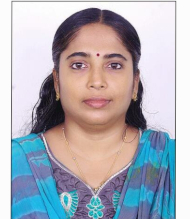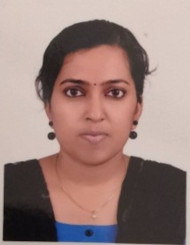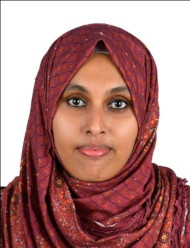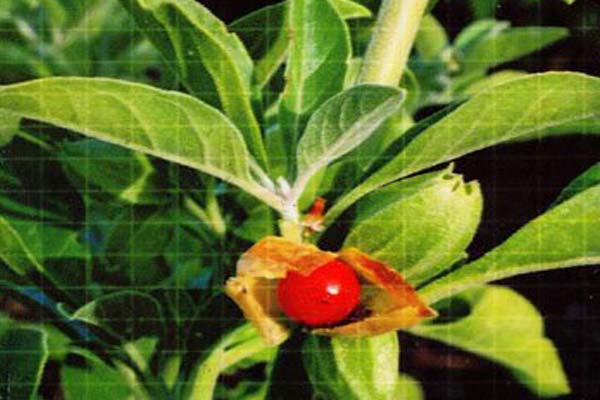Department of DRAVYAGUNA
Dravyaguna is a subject coming under second professional BAMS curriculum. Department of Dravyaguna mainly deals with fundamental principles of Ayurveda pharmacology; medicinal plants their identification pharmacognosy, phytochemistry, experimental and clinical pharmacology.
Objectives: To impart detailed knowledge of Pharmacology Covering different aspects of:
- Basic principles
- Pharmacognosy
- Phytochemistry
- Experimental & Clinical pharmacology
- Pharmacotherapeutics
 Dr.Radhika.C, MD (Ay)
Dr.Radhika.C, MD (Ay)
Associate Professor & HOD
 Dr Nithya V S, MD (Ay)
Dr Nithya V S, MD (Ay)
Assistant Professor

Dr Jaseela V K , MD (Ay)
Assistant Professor
Vision:
Making students well versed in the subject for effective practice and propagation of judicious use of genuine plant products in treatment and continuous research activities by starting PG and PhD courses thus contributing to subject updating.
Mission :
- Execution of effective teaching so as to inculcate subject interest in students.
- Fundamental and Medicinal plant research.
- Conservation of plants, both in-situ and ex-situ.
- Academic activities: Teaching the students of second professional BAMS, MD scholars of other departments and other batches on a part of integration. Theory, practical classes with activities like group discussion, garden visit and departmental study tour.
- OPD
IPD
Medical camps
Medicinal plant survey
Garden visits
Awareness classes on Medicinal plants. - Planting and Conservation of Rare medicinal plants. Study tours for exploring and updating the knowledge of Medicinal plants.
| A. Non- Teaching Staff | Gardeners : 5 |
| B. Lab | Lab facilities for Pharmaognosy( Macroscopy& Microscopy) and Phytochemistry |
| C. Library | Department library with around 177 books covering Basic principles of Dravyaguna , Pharmacognosy,Phytochemistry,Modernpharmacology,Nighantus and Classial texts of Ayurveda. |
| D. Seminar Hall | |
| E. Museum | Dry drug specimens – 241 Wet drug specimens Charts with details of Single drugs ( Macrosopy&Miroscopy ) - 277 |
| F. Classroom | |
| G. Herbal garden | Total area - 12,140 sq.m Total number ofspecies : 250 Total number of Plants : 7500 Drip irrigation facility installed for potted plants |
| H. Green house | |
| I. Nakshathravanam |
Facilities for patients: OPD and IPD, Bed strength 4,
Public extension activities: Department collects and supplies medicinal plants saplings yearly in connection with environmental day. Also plantation in the campus is being done every year. Awareness classes on medicinal plants are conducted for students of nearby schools NSS camps, Anganvadi teachers and ASHA workers. CME programs are also organized by the department for medical officers and practitioners.
Major equipment under the Department: Microscopes, Dissecting Microscope, Projection Microscope, Field magnifier, Electronic balance, Bunsen burner, LCD projector, PH meter, and other necessary lab equipment, computer and printer
Good Academic results.
Research &Consultants : Applied for PG course and PhD research centre.
Programmes:
- Seminar on cultivation of Medicinal plants for public.
- Demonstration class for trainees of the SMPB funded training Programme on Medicinal plants conducted by Department of Agronomy, Vellayani Agricultural centre.
- Exhibitions
Syllabus
Department Library :
Department library with around 177 books covering Basic principles of Dravyaguna , Pharmacognosy, Phytochemistry, Modern pharmacology, Nighantus and Classical text books of Ayurveda.
Herbal Garden : More than 6000 medicinal plants with 500 species are cultivated in the Herbal Garden to know and familiarize various types of herbs to the BAMS & PG students at an area covered by 5 Acres.


